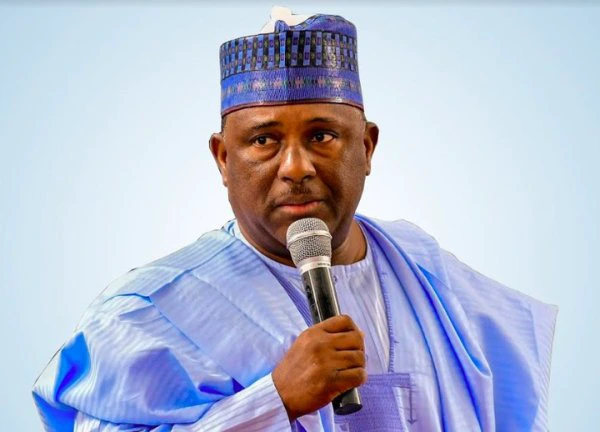
AbdulSamad Rabiu, the Chairman of BUA Cement, recently disclosed that the company’s attempt to sell cement at a reduced price of N3,500 per bag last year was undermined by cement dealers. Speaking at the 8th Annual General Meeting of BUA Cement in Abuja, Rabiu explained that despite selling over a million tons of cement to dealers at the reduced price, the dealers went on to sell it to consumers at prices ranging from N7,000 to N8,000 per bag.
Rabiu noted that the company had to discontinue the policy because it was never intended to subsidize the dealers. He pointed out that BUA Cement had no control over the prices in the open market, which allowed the dealers to make significant profits from the high margin. He also mentioned that external factors such as last year’s Naira devaluation and the removal of the fuel subsidy contributed to the unsustainability of the price reduction.
He said, “Many dealers exploited that policy. Instead of passing the lower prices to consumers, they were selling at double the price we provided to them. Some sold at N7,000 to N8,000 per bag, reaping significant profits from the high margins. We had already sold more than a million tons at N3,500 before we realized what the dealers were doing. With the Naira devaluation and fuel subsidy removal, we could not maintain that pricing policy.”
Rabiu highlighted the difficulty in sustaining the price, especially with the foreign exchange rate moving from around N600 to about N1,800 to the US Dollar. This made it increasingly challenging for BUA to keep prices low. The company didn’t want to find itself in a position where it was effectively subsidizing the dealers.
However, Rabiu emphasized that BUA Cement is still committed to preventing significant price increases, particularly in proportion to the percentage rise in Naira devaluation. He pointed out, “If you look at the exchange rate then and now, cement is actually cheaper today than it was last year. If the dollar price had a direct impact, cement could be priced at N10,000 per bag. But despite these challenges, we have tried to keep the increase to just 50%, from N4,000 at the beginning of last year to N6,000 today.”
He also explained that energy costs, particularly those denominated in dollars, remain one of the biggest challenges for the company. “Energy is our biggest cost, and it is priced in dollars. For example, one of our plants now has a monthly energy bill of about N15 to N16 billion, compared to N3 to N4 billion previously,” he said.
Despite these hurdles, BUA Cement recorded a 27.4% increase in revenue, reaching N460 billion, up from N361 billion in 2022, thanks to its growing market share. However, the company also faced increased production costs due to the Naira devaluation in June 2023 and rising inflation. This led to a 39.5% rise in total costs, amounting to N276 billion, compared to N197.9 billion in 2022. During the same period, the company reported a net foreign exchange loss of N70 billion, with N52.5 billion linked to finance costs.
Despite these financial challenges, BUA Cement managed to report a net profit after tax of N69.5 billion and declared a dividend of N2 per share.
For more updates on this and other news, join our WhatsApp channel: https://whatsapp.com/channel/0029VabITrvEAKW7DSkTfP0J